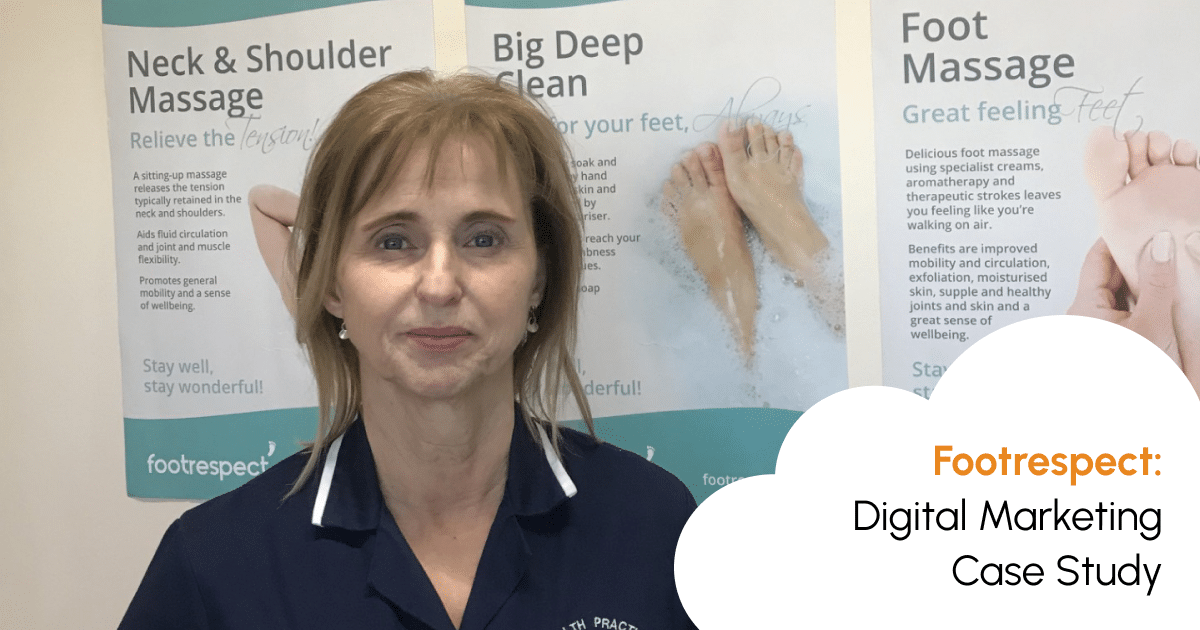“What budget do you have available for your new website?”
We all know that in life we generally get what we pay for, and that budget really matters in business. In quality terms it’s also widely understood that budget can be the difference between:
A job best left to the experts

When you are considering building a website, it can be easy to forget that what you are building will benefit your product or audience. In the age of 24/7 digital access, chances are it will be the first port of call for any new visitor who knows nothing about you but is relying on your website to help them understand what makes you and your company stand out.
So why would you want to build something so important for creating new business without knowing how much you have to spend on it?
We thought we would share with you five of the most common reasons we experience, the consequences of not allocating a website budget, and why thinking differently about website budgets can be a huge benefit:
- People don’t like sharing website budgets
One answer is that they have a budget in mind but don’t want to share it, in case we jump on whatever the amount is and say the price is that. This often stems from a fear of being taken advantage of, as people may have unfortunately been exposed to less scrupulous developers in the past.In this case it can be challenging on our part to try and judge their level of expectation in terms of cost. Like a game of ‘If you show me yours, I’ll show you mine’, these people will only share their budget expectations once we have submitted a proposal with costs included. The risk here is that, without a guideline budget to work to, we are in danger of either under or over specifying a project. When our proposals are delivered, they risk being rejected because they seem either too expensive or too cheap. In this situation, nobody wins – we lose the job and the business doesn’t have the right solution to their website requirements either. Telling someone your budget, however, does not give them license to steal it, and when you’ve found a developer you trust, telling them your expectations can help them do a better job by delivering exactly what you’re looking for. - People don’t always understand the long term value of a professional website
The subject of website development is confusing as there are so many conflicting messages. On the one hand we have companies offering free DIY websites that, to the untrained eye, look like a good option. It can be difficult to reconcile paying multiple thousands for a website when that’s your starting point. As a business owner, building your own site might take many hours, 30,40, 50 or more. All those hours are time away from working on other income generating activities. While these DIY sites might be free on the face of it, the real cost is your time. How much is that worth per hour? At £20 per hour your DIY website could have cost you £1,000.Even if you’re happy with the end result, a DIY website is unlikely to perform anywhere near as well as a professionally developed one by someone who is used to applying their skills and experience to getting the best results for every individual client.
It’s like picking up a trowel and some bricks and expecting to come up with a lovely new home –a job definitely best left to the experts!
Share your budget!

- Fear of technical issues
People with less technical experience can find website discussions intimidating and uncomfortable. It can be this reason that stops them wanting to consider how much to spend, as they are out of their comfort zone. They are usually people who are used to doing everything within a business themselves and find it hard to subcontract any of the work to third parties.Finding a developer who can speak your language can really start to help this situation, then building a long term partnership based on trust and measurable results. In this way your website can do its job properly – which is to support the growth of your business. - People view websites as an additional expense that they don’t really want
These are people who understand that every business should have one, but begrudge spending any money on a website at all. They see it as money down the drain, a waste. Because they don’t want to spend the money, they hope to spend as little as possible.A website is actually an investment in the business – in accounting terms it’s a cost of sale rather than an expense. A website, done properly, can be your most powerful marketing tool. It exists to present you in the best possible light online and attract more customers and that purpose makes it worth spending money on. Successful businesses will spend between 5 and 12% of their total revenue on online marketing, depending on the nature and size of their business. - People genuinely don’t have any money to pay for a website
Not answering this question can be an indication that there is actually no money currently available and people are just testing the water. Sharing this information with the developer at the time can really help them guide you through the levels of service available and enable you make better future website budgeting decisions from a more informed perspective.
To summarise
So those are our 5 possible reasons for not setting a website budget. If you can think of any more, we’d love to hear them!
We hope we’ve made you think about budgeting for your business website, and how important and beneficial that can be. Once you have decided on a budget, please also share it with your developer – that way you’re much more likely to get the best solution and the best value for money too!












